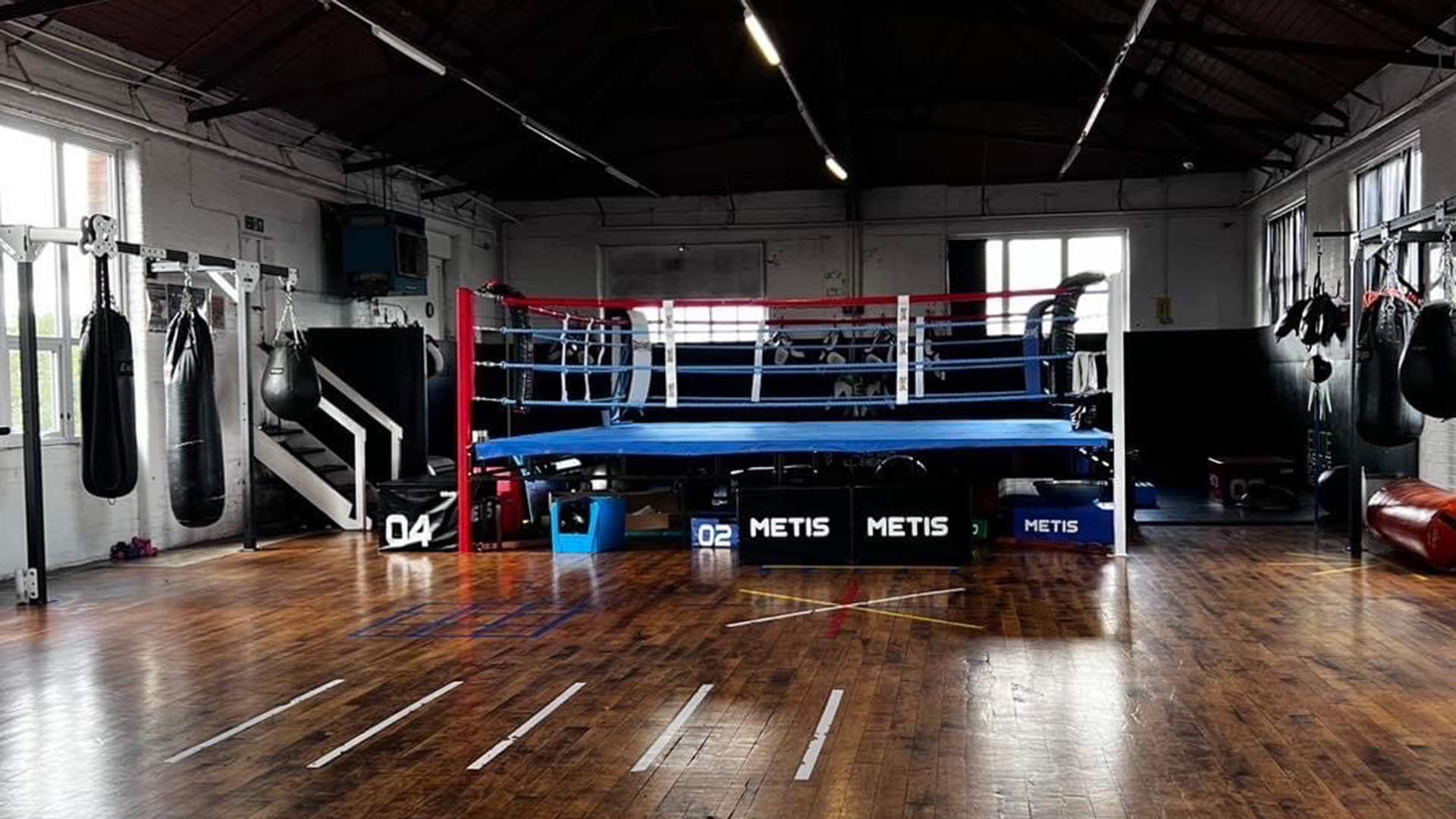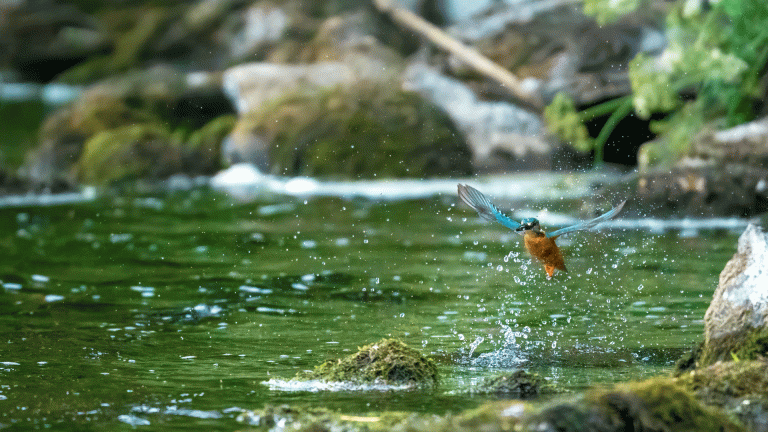Elite’s community work is now going all the way to the Olympics. Cindy Ngamba arrived in the UK from Cameroon aged 10. Ngamba, who is gay, cannot return to her country of birth due to the threat posed by homophobic laws. Now 24, she has faced numerous barriers, including the threat of deportation when she was 17 – but Elite has helped her to overcome them.
As part of the Fair Chance refugee team, Ngamba is set to compete in Paris next year, with the enthusiastic support of Elite, with whom she has trained since she was 13. “She’s three-time national champion,” says Matvienko. “She’s a brilliant role model – absolutely brilliant.”
She is joined in Elite’s upper echelons by world champion Chantelle Cameron.
They are among many people whose lives were changed by Elite. Matvienk cites the example of coach Mike, who, at 5’6”: “Was 15 or 16 stone, low confidence, bullied as a kid, and came to the gym just to keep fit. He ended up getting down to eight stone, boxed as a professional and got a full-time job in boxing.
“He had been a welder but didn’t really like his job, and he was quite low, didn’t have many friends. Now he’s a boxing coach here.”
Another success story is Sam, 16, a student from Youth Challenge who “was really disruptive – one of the worst kids they’ve ever had, we were told,” Matvienk says. He began attending Elite, “doing two to three sessions a week”. Now: “He’s just started an apprenticeship here and he’s part of the amateur boxing team.
Advertising helps fund Big Issue’s mission to end poverty
“His teacher came in and was nearly in tears,” Matvienk adds. Sam had been coaching a group of women in their 20s, “for a 16-year-old kid, that’s daunting, but he’s brilliant with it. He had been very dysfunctional, very rude, very angry. Now he’s got a job here.”
He is among the “tonnes of beginners who’ve turned professional” through the club.
But Elite doesn’t just change lives through boxing. Since 2022, it has also offered Ricky’s Club, a free fortnightly “man to man support group” that “provides a safe space to all men 18+ to talk about the difficult times of life and a place to seek guidance from other men who may have been through similar situations”.
“What I found was that we have a lot of men who train here who were struggling,” Matvienko says. “At our gym, we chase you up to make sure you’re changing. We found that people were not coming in because they were having a really bad week.”
The club is named after former Elite coach Ricky Fletcher, who took his own life, and facilitated by current coaches, who received training in providing wellbeing support. It is open to any man who wants to attend, whether or not they participate in boxing.
Attendance fluctuates throughout the year, flaring in winter and calming in summer, but Matvienko encourages men to attend even when they’re feeling good. “It’s like brushing your teeth – you’ve got to be consistent,” he says.
Advertising helps fund Big Issue’s mission to end poverty
“We open by asking the men to give us a number for how they’re feeling from one to 10,” Matvienko says. “They never leave feeling worse. People always feel better once they’ve spoken.
“We had one guy who’d been through a relationship breakdown and was at a one for quite a few weeks – he was really bad. He was actually a good friend of Ricky’s. He still comes now, about eight months later, and now he’s always about seven or eight. People say to him, ‘Really, you were a one?’ People keep it up because it helps them and gets them out the house.”
Matvienko and his colleagues also extend their reach beyond the club. This spring, they organised an Easter egg collection for children at Royal Bolton Hospital, and during Covid lockdowns, they distributed food to vulnerable people. “We’ve got loads more going on than your usual boxing team,” Matvienko says. “It’s about changing people’s lives.”
Elite has also saved lives. Matvienko shares the story of Paul, a man in his 60s, who suffered a heart attack and later learned that had his heart not been strengthened by attending the over 50s group, he likely would not have survived.
They are now working on extending their reach to disabled – particularly neurodiverse – young people. “A lot of parents asked us, ‘Do you do stuff for autistic kids?’” says Matvienko.
His team have already seen the impact the club can make – an autistic teenager who attends “would only speak to his parents and his one-to-one” when he first joined. “He went to secondary school but he only lasted two days. Then he came to our gym.
Advertising helps fund Big Issue’s mission to end poverty
“He would never, ever leave his house. Now, he’s walking into a boxing gym. His anger was also really, really bad, but he’s a lot more controlled now. It’s changed his life completely.” Matvienko now wants him to help the club to run classes specifically designed for other neurodiverse young people.
Elite also want to provide a space for students who struggle in mainstream education to learn in an environment more suited to them, enabling them to gain GCSEs. Two of the gym’s instructors have teaching degrees and are keen to help teenagers with maths and English.
“These kids should be able to get these opportunities, but there are no purpose-built places for them,” Matvienko says.
Then, laughing, he adds: “We started as a boxing gym, now we’re a whole community.”
Find out more about Elite Boxing here.









